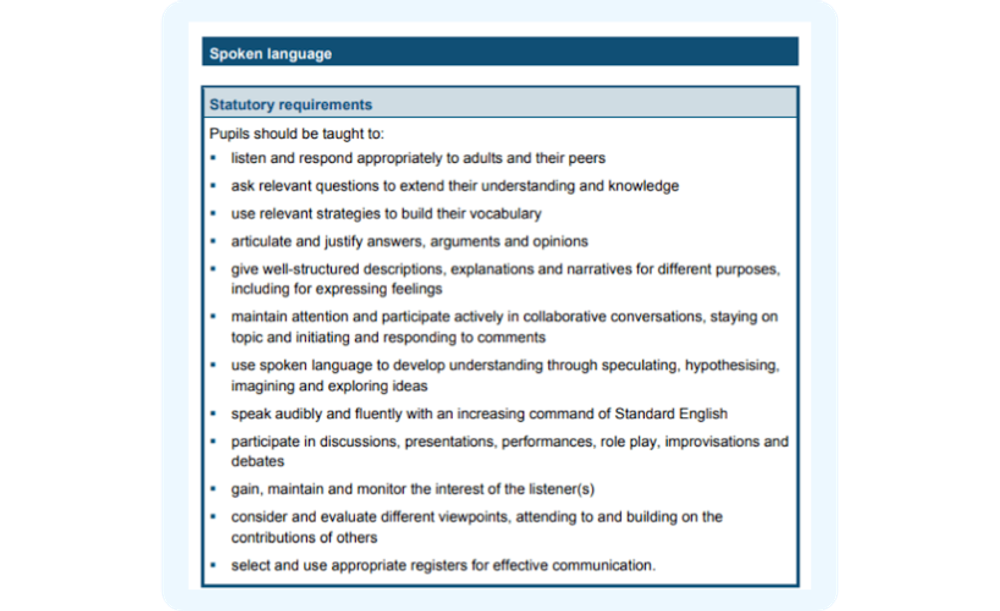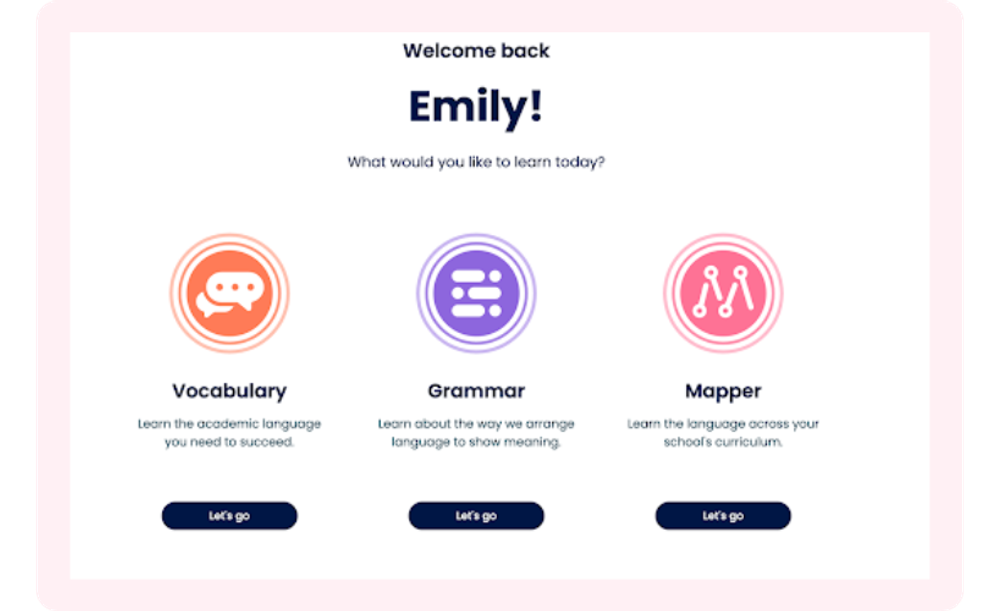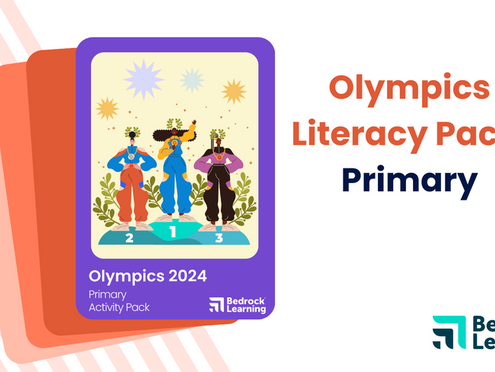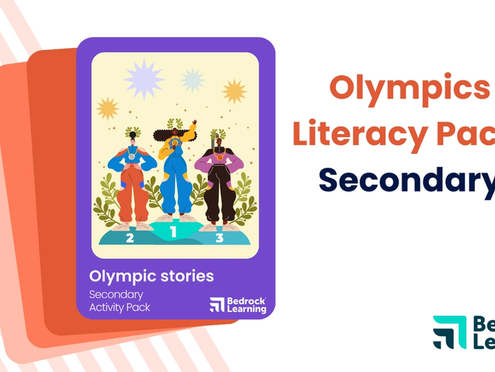Research indicates that verbally explaining something to someone helps individuals better understand and remember the information. Psychologists at the University of California at Berkeley found that explaining a concept verbally aids in grasping it by forcing individuals to replace their false sense of understanding with actual reasoning.
Sibling Smarts Showdown: Who Takes the Crown for Intelligence a family?
On a recent episode of The Diary of a CEO, Adam Grant, a Professor of Management and Psychology and author of Hidden Potential sat down with podcast host and serial entrepreneur Steven Bartlet to discuss topics based around happiness and success. Grant, explained how birth order can, to some degree, explain the varying success of siblings. He states studies indicate that first-born children are more likely to have a higher IQ than their younger siblings due to taking on the role of verbally explaining things to the younger siblings. Explaining concepts out loud can significantly benefit children in processing and remembering information. When children articulate concepts verbally, it engages their auditory and verbal learning channels, reinforcing their understanding through active participation.
Olivia (older sister): Hey, Max, let's bake a cake together!
Max (younger brother): Yay! But how do we start, Olivia?
Olivia: First, we need to preheat the oven. That means we have to set the oven to a specific temperature before we put the cake in.
Max: Oh, like warming it up?
Olivia: Exactly! Next, we'll need to sift the flour. Sifting means passing the flour through a sieve to make it lighter and remove any lumps.
Other social factors at play
In some households, children may lack siblings to engage with, hindering the development of oracy skills. Additionally, if English is not spoken at home or if the household is socially disadvantaged, there may be limited exposure to language-rich environments. This lack of linguistic stimulation can have a significant impact on a child's vocabulary development. Children who do not have siblings to converse with or who are not exposed to extensive language interactions at home may face challenges in acquiring a diverse vocabulary. Research suggests that the quantity and quality of language input during early childhood play a crucial role in vocabulary acquisition. Therefore, children in such circumstances may have a smaller vocabulary repertoire compared to their peers who have more opportunities for language-rich interactions, potentially affecting their academic performance and overall language proficiency.
What do we need to teach
The report had a number of recommendations, including:
- making sure that the national curriculum requirements for spoken language are translated into practice, so that pupils learn how to become competent speakers. This should include opportunities to teach the conventions of spoken language, for example how to present, to debate and to explain their thinking.

The National Department for Education, 2014
Edtech and oracy: A juxtaposition or a perfect opportunity?
Scaffolded talk to direct instruction
When learners engage with Bedrock, incorporating talk partners can significantly enhance their learning experience. By pairing up and discussing their activities on the platform, students not only reinforce their understanding of the material but also actively engage in collaborative learning.

Learner 1: What are we going to click on now?
Learner 2:, I am going to click on the let’s go button so that…
Learner 1: What are we going to do next?
Learner 2: Now we are going to start the topic ‘The Vikings’. I’m going to do to the pre test and then complete a lesson.
PAUSE (Headsets off)
Learner 1: Which topic are you reading?
Learner 2: I am reading the Vikings
Learner 1: What words can you tell me from the Vikings?
Learner 2: I am learning about coastal, conquest and blacksmith.
Learner 1: Can you tell me more about the meaning of a word ‘Coastal? Please
Learner 2: Sure! A coast is….
Resource area
In the teacher resource area of Bedrock, a wealth of materials is designed to support educators in creating engaging learning environments. Beyond simply providing materials for displays, it offers a plethora of activities tailored to reinforce definitions through oracy.
Core curriculum overview
Print out the learner's blocks, laminate them and either have them at the front of their English books, on their desk or whatever is easiest! For the first 2 minutes of a lesson, have learners discuss and use their Bedrock words using their talk partner.
Bedrock’s Talking Prompts
The Bedrock Talking Prompts are a series of questions designed to encourage learners to use the Tier 2 words they are learning in their online vocabulary lessons in everyday conversation. These prompts can be used at the beginning of their Bedrock lesson or even as a warmer at the start of any lesson, providing different contexts in which learners are engaging with the vocabulary.
Oracy at home: Parent access codes
Parent access codes in Bedrock provide a valuable tool for parents to track their child's learning progress and the words they are engaging with. By accessing their child's account, parents can monitor the specific vocabulary being taught, reinforcing definitions, and supporting oracy skills development. This direct involvement allows parents to engage in meaningful conversations with their children about the academic words they are learning, enhancing their understanding and ability to articulate these words effectively. Through this collaborative approach, parents can actively participate in their child's language development, creating a supportive environment that nurtures both literacy skills and communication proficiency.
This integration of technology in education not only improves literacy outcomes but also empowers learners to excel in communication and language expression.




